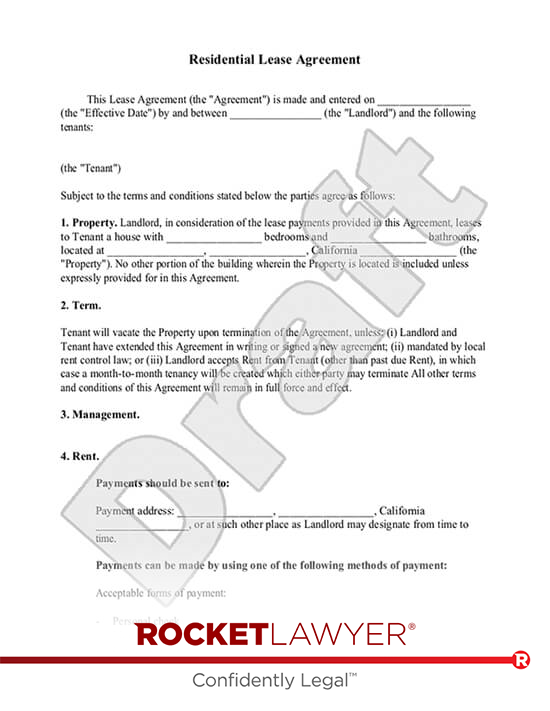Pros: Flexible End-Dates
All of the traditional benefits that apply to a fixed term lease apply to a month-to-month lease, even though some may be shortened or slightly modified. The most important ones remain intact; for example, the landlord must ensure that the property itself is habitable and a tenant's legal rights can't be limited. The amount of flexibility is what separates month-to-month from fixed term leases; the former automatically renews at the end of each period without the landlord or tenant having to say or do anything. This means that you can stay at the property for as long as you and the landlord agree, but you aren't locked into an extended stay. Additionally, as a tenant, it allows you to be more responsive to your own financial needs. For example, if the market changes and you're suddenly able to afford a better option, you have the freedom to move on.
Cons: Short Notice to End the Lease and Fluctuating Rent Prices
One of the greatest risks for the month-to-month lease is the ever present option for termination. Depending on your state, the landlord may only have to give you seven days to two weeks' notice before you have to move out. In other states, you may have as long as 30 days. But even 30 days is not much time to pack up your belongings and find a new home. Remember that just having a good relationship with your landlord is not enough to prevent such an abrupt move. Your landlord may have to close down the rental property for a number of reasons entirely unrelated to you. It's not a good idea to sign such an agreement unless you know that you can find another apartment or house fairly quickly. Consider having a "quick move" plan on hand so that you don't panic if the landlord wants you out within a month.
The other con to the month-to-month lease agreement is that the landlord can respond much faster to market changes. In many states, that ability comes because he can change the price with each month. He or she cannot do this unilaterally. You have to sign the new agreement, but if you choose not to sign the new agreement, you will have to end the tenancy yourself. Fixed term leases, on the other hand, lock down that price for certain over the lease period.
Should You Sign a Month-to-Month Lease Agreement?
Month-to-month leases do provide some benefits over fixed term leases, but what's best for you depends on your situation and needs. The biggest advantages revolve around the flexibility that a month to month lease offers. The lease automatically renews each month, meaning you could theoretically stay there forever. The risk, though, is that the landlord can ask you to leave with as little as two weeks' notice. The prices tend to change more as well. However, for many people, the benefits outweigh the risks.
This article contains general legal information and does not contain legal advice. Rocket Lawyer is not a law firm or a substitute for an attorney or law firm. The law is complex and changes often. For legal advice, please ask a lawyer.
